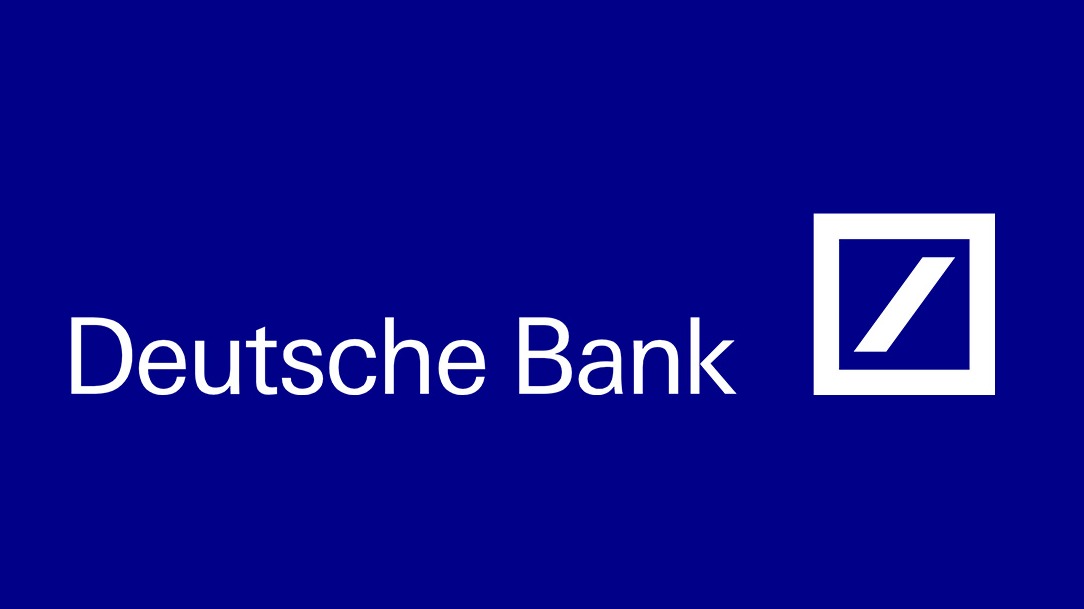Deutsche Bank, Germany's largest lender, has announced settlements with over half the plaintiffs in the long-running Postbank litigation, marking a significant step towards resolving a dispute that has plagued the bank for more than a decade.
However, some former Postbank investors continue to hold out, indicating that the bank still faces challenges in putting the matter to rest.
Late Wednesday, Deutsche Bank revealed it had reached agreements with about 60 per cent of claimants, including the largest individual plaintiff representing roughly a third of all claims. The settlements were made at €31 per Postbank share, in addition to the €25 originally paid in 2010 when Deutsche Bank acquired the retail bank.
As a result of these settlements, Deutsche Bank expects to reduce its provisions for potential future payouts by €430 million, which will positively impact its third-quarter earnings. The bank's shares rose approximately 3 per cent in early trading on Thursday following the announcement, outperforming the DAX index of blue-chip stocks.
The Postbank acquisition, initiated during the 2008 global financial crisis, aimed to expand Deutsche Bank's domestic reach and provide a steady income stream. However, it became a source of consumer complaints, regulatory scrutiny, and costly lawsuits.
Former Postbank shareholders have argued for 14 years that Deutsche Bank underpaid for their holdings, claiming the bank had gained de facto control years before completing the buyout. They contend that Deutsche Bank ignored an obligation under German law to make a mandatory takeover offer when Postbank shares were trading at €57.25, substantially higher than the €25 eventually paid.
While the settlements represent progress, some plaintiffs remain unsatisfied. Jan Bayer, a lawyer representing clients who rejected a recent settlement proposal, stated that Wednesday's news had little bearing on his clients' decisions. "Whatever was agreed ... has no effect on any other claimant's decision, so it is irrelevant going forward," he said.
Deutsche Bank expressed satisfaction with the settlements and hinted at the possibility of reviving its scrapped share buyback plan. "Against the backdrop of this improvement to our capital plan, we will review our distribution plans and discuss these with our regulators as part of our ongoing dialogue," the bank stated.
The case took a dramatic turn in April when a court in Cologne indicated it might find some valid elements in the former Postbank shareholders' claims. This prompted Deutsche Bank to make an unexpected provision, leading to a quarterly loss and the cancellation of plans to buy back its own shares.
Latest News
-
Gemini to cut quarter of workforce and exit UK, EU and Australia as crypto slump forces retrenchment
-
Bank ABC’s mobile-only ila bank migrates to core banking platform
-
Visa launches platform to accelerate small business growth in US
-
NatWest to expand Accelerator programme to 50,000 members in 2026
-
BBVA joins European stablecoin coalition
-
eToro partners with Amundi to launch equity portfolio with exposure to ‘megatrends’
Creating value together: Strategic partnerships in the age of GCCs
As Global Capability Centres reshape the financial services landscape, one question stands out: how do leading banks balance in-house innovation with strategic partnerships to drive real transformation?
Data trust in the AI era: Building customer confidence through responsible banking
In the second episode of FStech’s three-part video podcast series sponsored by HCLTech, Sudip Lahiri, Executive Vice President & Head of Financial Services for Europe & UKI at HCLTech examines the critical relationship between data trust, transparency, and responsible AI implementation in financial services.
Banking's GenAI evolution: Beyond the hype, building the future
In the first episode of a three-part video podcast series sponsored by HCLTech, Sudip Lahiri, Executive Vice President & Head of Financial Services for Europe & UKI at HCLTech explores how financial institutions can navigate the transformative potential of Generative AI while building lasting foundations for innovation.
Beyond compliance: Building unshakeable operational resilience in financial services
In today's rapidly evolving financial landscape, operational resilience has become a critical focus for institutions worldwide. As regulatory requirements grow more complex and cyber threats, particularly ransomware, become increasingly sophisticated, financial services providers must adapt and strengthen their defences. The intersection of compliance, technology, and security presents both challenges and opportunities.
© 2019 Perspective Publishing Privacy & Cookies




.jpg)








Recent Stories